Sitting in church during Mark’s sermon on Ephesians 2:11-22 last Sunday, I was distracted in my thoughts by a book I’m current reading. It is, I think, a pretty regular phenomena for someone just finishing a school program forcing tireless amounts of academic reading over the past three years to want to read some of the leisured non-fiction they’ve missed out on.
I started with the short-story fiction of Flannery O’Connor. If you’re not familiar with O’Connor, she was a brilliant Catholic writer from Savannah who, perhaps better than about anyone, spun gripping tales about the “Christ-haunted South” in which she lived (and we still live).
As Mark expounded on Paul’s exhortations for Christians to understand and live into the “peace-making” work that Christ bought on the Cross and made possible by rising and defeating death, I mused on Flannery’s hard-hitting critiques of how much the church lags to do so. In her famous (infamous?) short story, Revelation, she introduces a terribly unsympathetic (pathetic?) character named Ruby Turpin. Mrs. Turpin sits in a doctor’s waiting room assessing those around her, measuring herself by demeaning others. She even falls asleep at night by trying to sort out the hierarchy in her head (confused about whether it be better to be a land-owning n____r or white trash). Regardless, she is glad to be who she is, pious and with quite a “good disposition.”
Just when you want to really hate Mrs. Turpin, her world gets turned upside down by a series of events that forces her to see that the “bottom rail” might be on top, and to cry out to God at the apparent injustice of such a thing, at “those people” being not just included in God’s mission but actually prioritized.
What bothered me though, in conjunction with Mark’s sermon, is that I’m not sure this is true. That the bottom rail does get put on top. Ephesians 2:14-18 says,
“For he himself is our peace, who has made the two groups one and has destroyed the barrier, the dividing wall of hostility, by setting aside in his flesh the law with its commands and regulations. His purpose was to create in himself one new humanity out of the two, thus making peace, and in one body to reconcile both of them to God through the cross, by which he put to death their hostility. He came and preached peace to you who were far away and peace to those who were near. For through him we both have access to the Father by one Spirit.“
When it says this, it seems that rather than the rails switching places, the train skips off the track. Indeed, rather than the bottom rail being on top, the Cross and Resurrection have actually totally de-railed the way things are and will be. And the Church is the first place that we should actually see proof of this.


